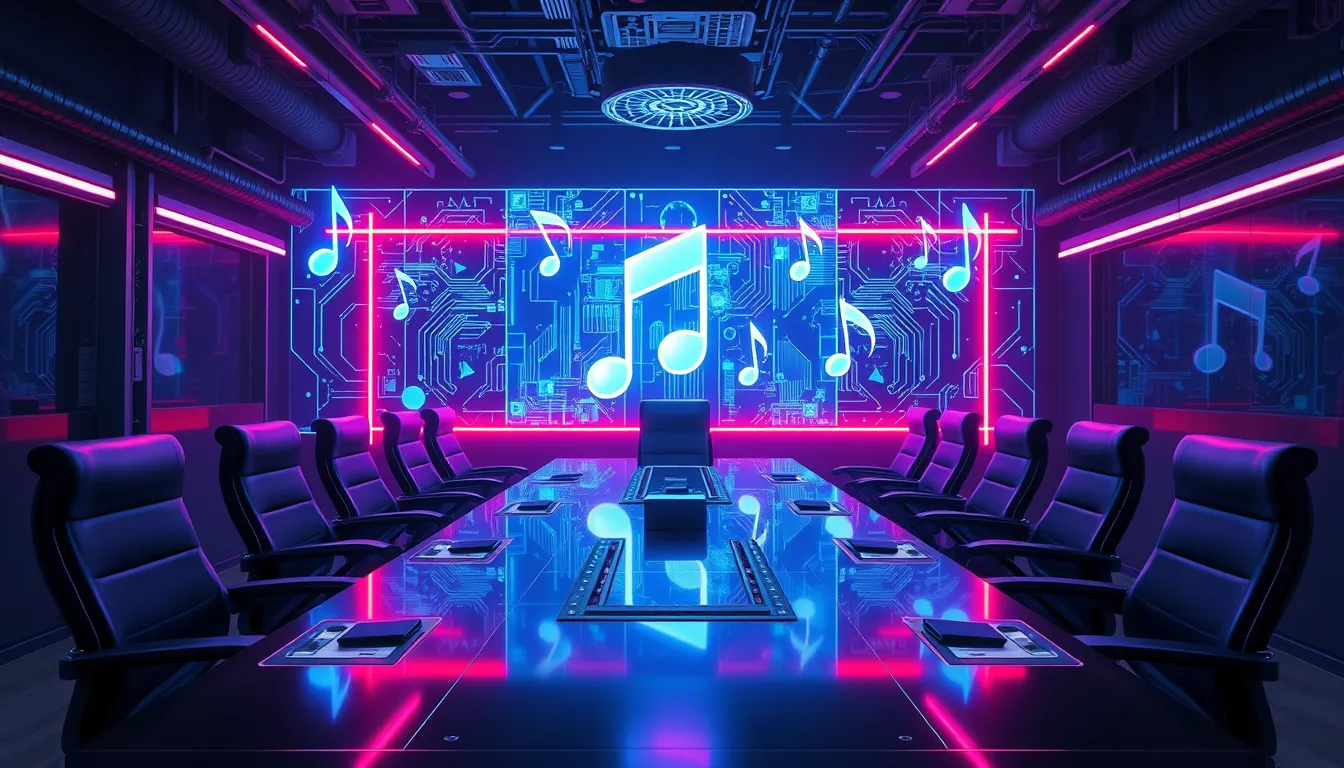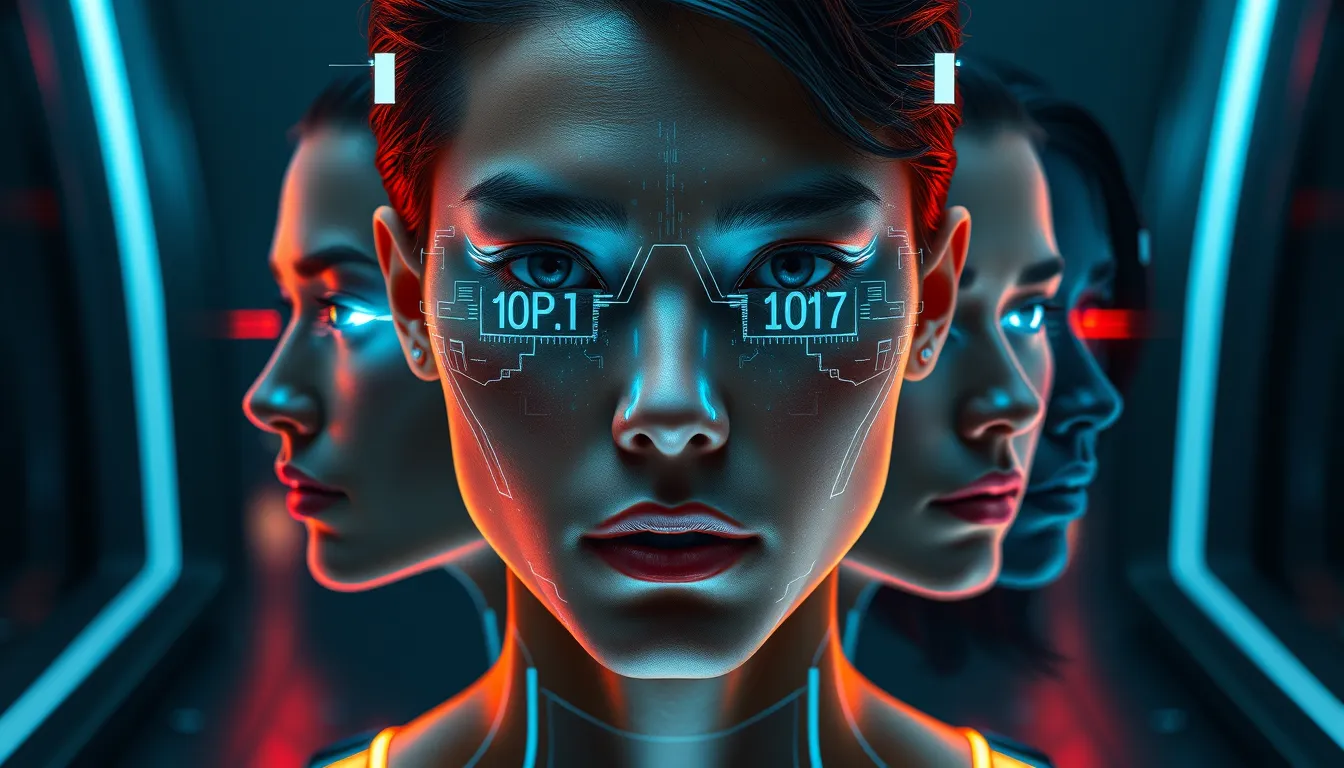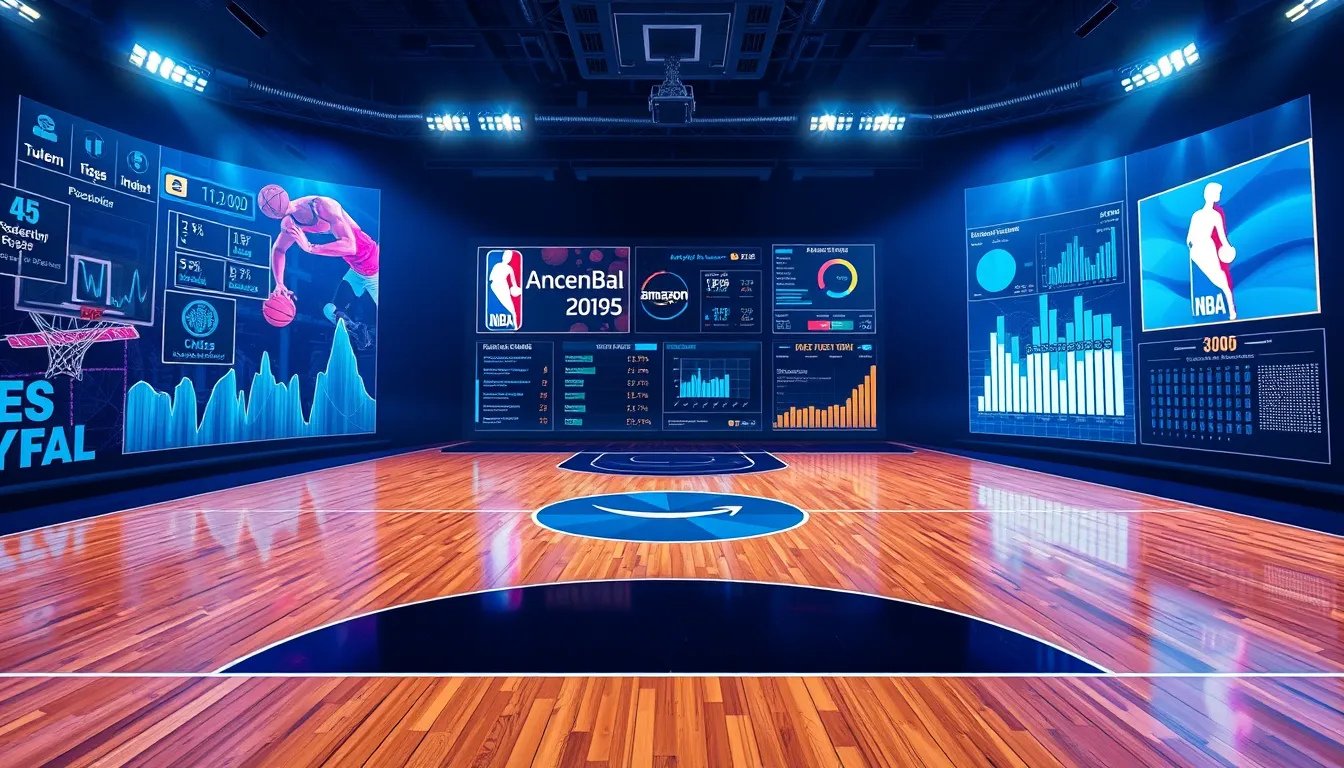Now Reading: Emerging AI Licensing Deals Reshaping the Music Industry
-
01
Emerging AI Licensing Deals Reshaping the Music Industry
Emerging AI Licensing Deals Reshaping the Music Industry

Emerging AI Licensing Deals Reshaping the Music Industry
The music world is undergoing a digital revolution as traditional music practices are merging with advanced technology. At the forefront of this change are AI licensing deals, a concept that is rapidly altering how artists, record labels, and tech innovators interact. In this article, we explore how AI licensing deals are transforming the music industry, addressing challenges, and unlocking unprecedented opportunities.
The Rise of AI in Music Production and Licensing
With technology evolving at breakneck speed, the integration of AI in music has become inevitable. Music industry AI applications range from music composition and production to sophisticated distribution models. Advanced algorithms now empower record labels and music producers to streamline workflows and enhance creativity. For example, AI in music production is not only used to refine sound design but also in predicting hit songs and optimizing licensing deals.
This digital transformation is primarily visible in the increasingly popular AI licensing deals that music companies are negotiating. These deals enable labels to harness the power of machine learning and digital analysis to maximize revenue and maintain competitive integrity. Crucially, AI is playing a pivotal role in ushering a new era of music production where traditional artistic processes are complemented by intelligent systems.
Case Studies: Universal Music AI and Warner AI Deal
Some of the most prominent players in the sector, like Universal Music and Warner, have been quick to adopt AI strategies. Universal Music AI initiatives often focus on streamlining AI digital transformation within music production, enhancing both marketing strategies and revenue models. Visit Universal Music for more details.
Similarly, the Warner AI deal represents a frontrunner in how established companies are investing in AI technology in music production. These strategic partnerships are designed to integrate groundbreaking tools in areas such as digital rights management and predictive analytics. You can learn more about Warner’s innovative approaches by visiting Warner Music.
Benefits and Opportunities of AI Licensing Deals
The primary benefits of adopting AI licensing deals in music are multifaceted:
- Enhanced Efficiency: Automating routine tasks allows music labels to focus on creative processes and strategic planning.
- Improved Revenue Models: AI-driven insights contribute to optimizing pricing, streaming revenue, and licensing agreements.
- Data-Driven Decision Making: With enriched data analytics, labels can predict trends and make informed decisions on artist promotion and production investments.
- Preservation of Intellectual Property: Balancing AI technological capabilities with intellectual property concerns ensures that artists’ rights are protected. The use of advanced AI to manage intellectual property music issues is a subject of ongoing improvement and regulatory attention.
Label executives and industry experts agree that embracing these digital tools is not just a temporary trend. Instead, it marks the shift towards a more agile and responsive regulatory environment. As the music industry increasingly adapts to digital transformation, understanding how AI licensing deals work becomes essential for all stakeholders in the sector.
Navigating Challenges and Ethical Considerations
While the integration of AI offers transformative potential, it also brings challenges that need careful navigation. These include:
- Artistic Authenticity vs. Automation: As AI takes on more creative tasks, maintaining the unique artistic signature of a musician becomes critical.
- Copyright and Intellectual Property: Emerging deals for digital music rights require clear guidelines to ensure that all creative contributions are fairly recognized and compensated.
- Ethical Use of AI: Balancing innovation with ethical considerations is imperative. The debate over whether AI can truly capture the nuances of human creativity continues to shape industry discussions.
The music industry must address these issues head-on to ensure that AI licensing deals do not compromise the creative spirit of music.
How AI Transforms Music Licensing
A frequently asked question by industry insiders is, “How does AI transform music licensing?” The answer lies in the technology’s ability to analyze vast amounts of music data and predict market trends. AI algorithms help in negotiating better deals by providing clear insights into what listeners want, thereby influencing how licenses are structured and priced. This capability not only improves profitability but also democratizes data access, leveling the playing field between large labels and emerging independent artists.
In practice, AI transforms music licensing by:
- Automating negotiations with more precise data analytics
- Reducing human error in contract management
- Speeding up the process of rights clearance and dispute resolution
These capabilities underscore the long-term benefits that AI licensing deals offer to the music economy, making them a key tool for driving future success.
The Future of Music Industry AI
Looking ahead, the role of AI in music is expected to grow even further. As technology evolves, new models of collaboration between human creativity and machine efficiency will emerge. The ongoing digital transformation in music is a testament to the industry’s adaptability and forward-thinking mindset.
In conclusion, AI licensing deals are not only redefining how music is produced and disseminated, but they are also setting the stage for a more dynamic, transparent, and efficient music industry. By embracing these innovative practices, music labels can harness technological advances while safeguarding the creative and legal frameworks that have long underpinned the art. As both traditional and digital realms converge, the evolution of music through AI continues to captivate and inspire artists, producers, and enthusiasts around the globe.

























